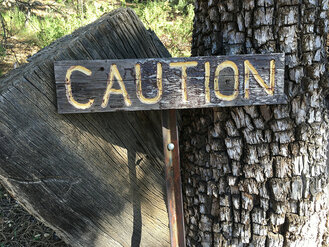
Bolster the bereaved's fragile psyche and give compliments. Find anything that you can praise and let them know, “You’re doing fine.” The last thing they need is criticism or someone second guessing their decisions.
Here are some things to avoid as they hamper recovery:
- Don’t ask, “Are you going to be okay?” They won’t be okay for some time.
- Don’t think it is your job to distract the bereaved from their grief. If they want to grieve or cry, that’s okay; they’ve lost their spouse and they have something to grieve and cry about.
- Don’t tell them, “It’s been two (three or four) months and you don’t want to grieve too long.”
- Don’t offer to fix them up unless they have asked you to do so or mentioned that they’d like to start dating.
- Keep your opinions to yourself. Everyone handles things differently and it’s not your job to comment or critique on how the bereaved is handling things.
 RSS Feed
RSS Feed
